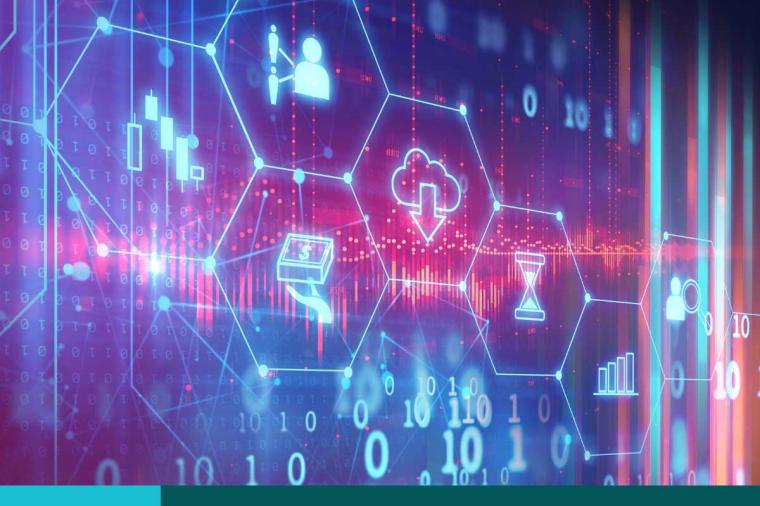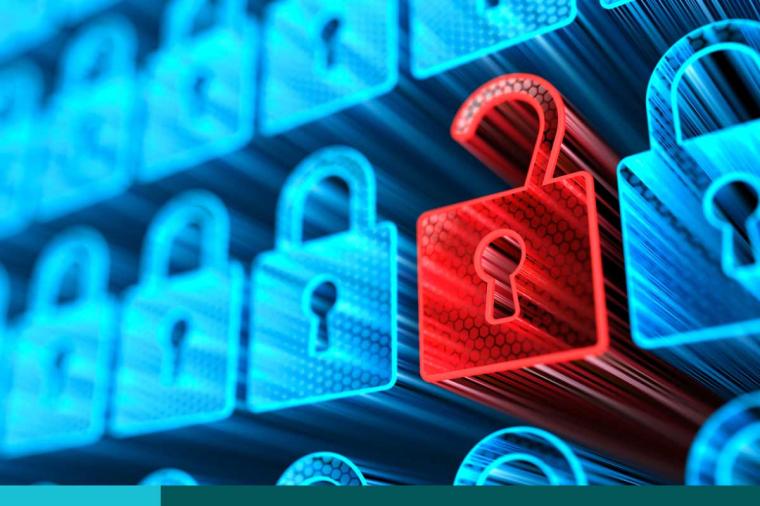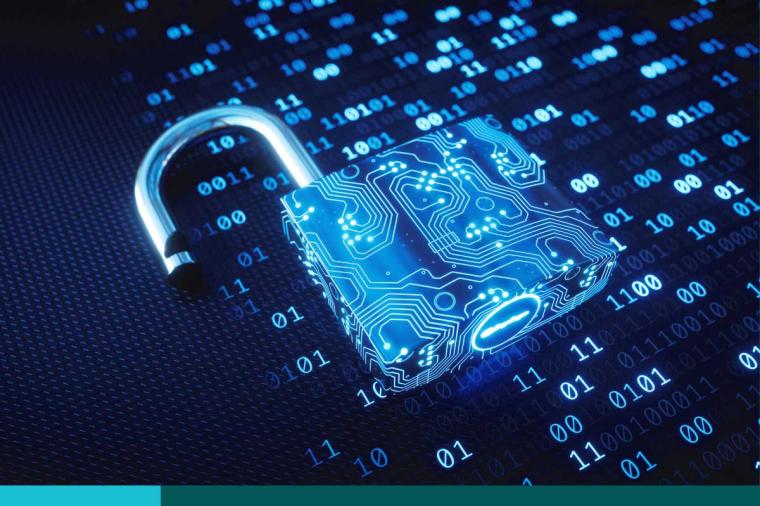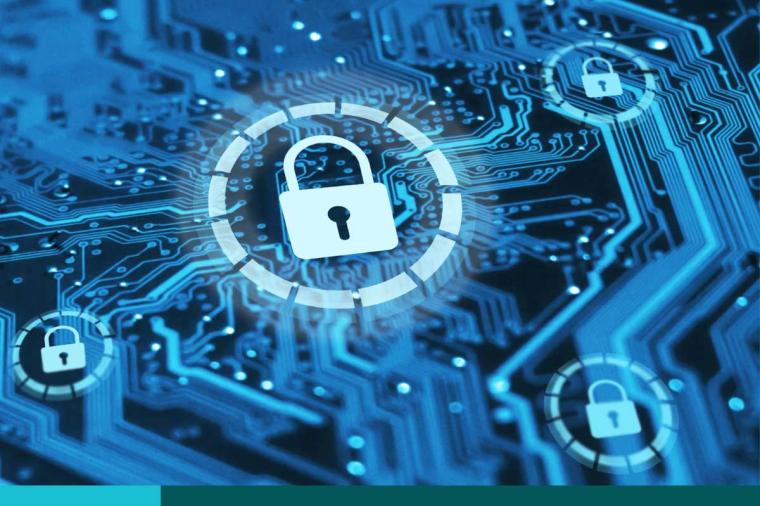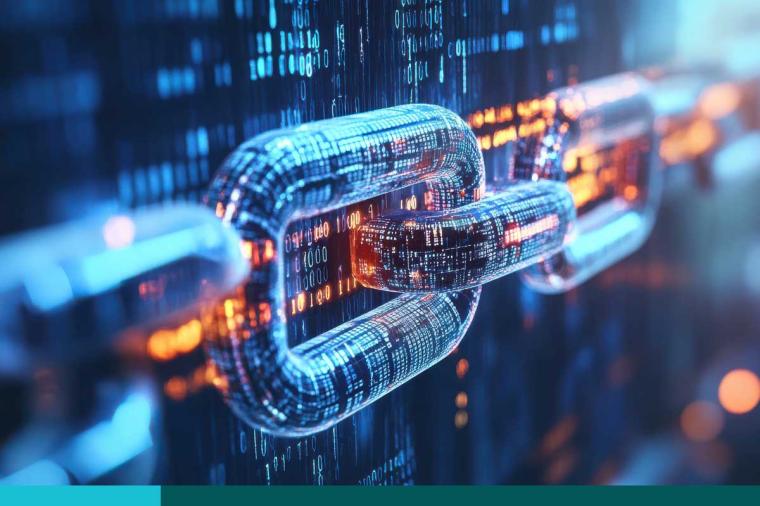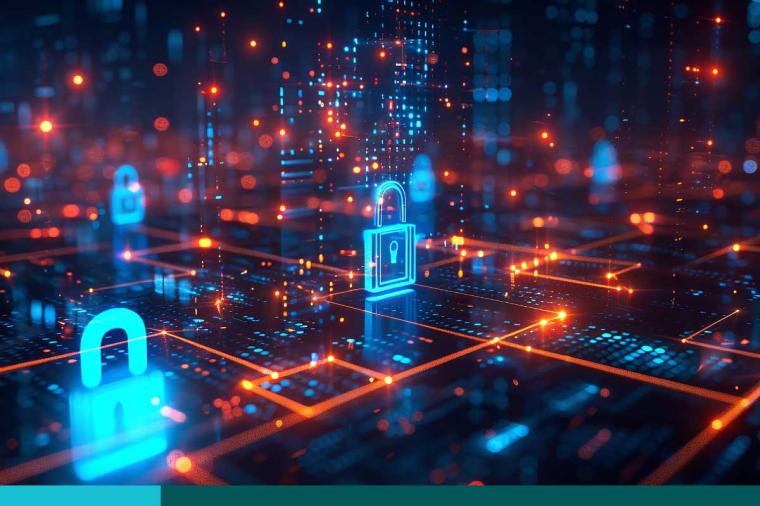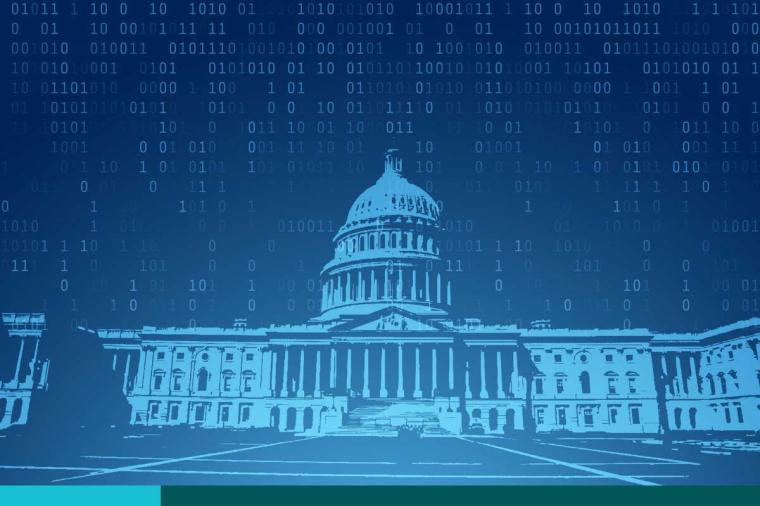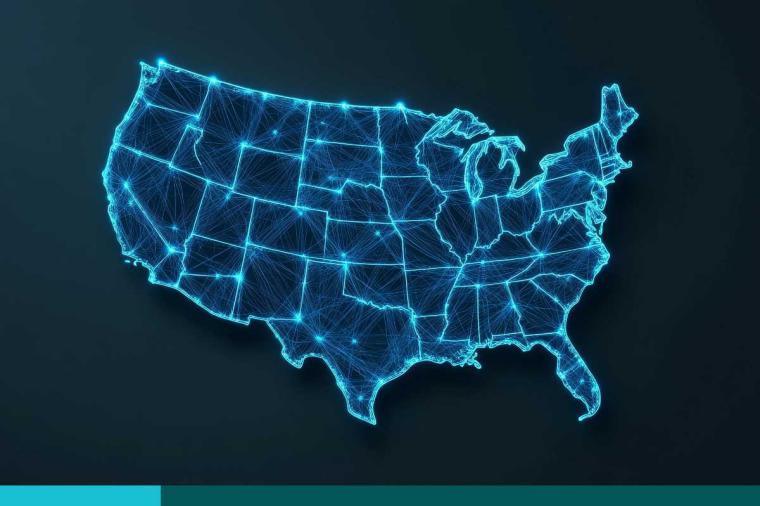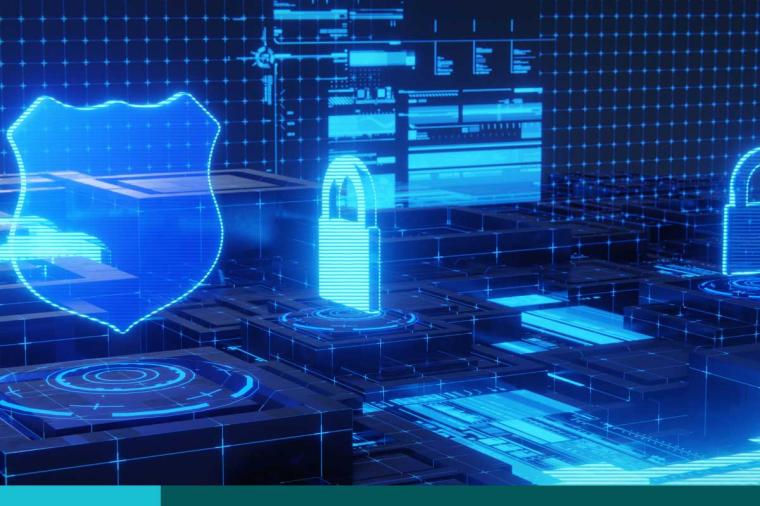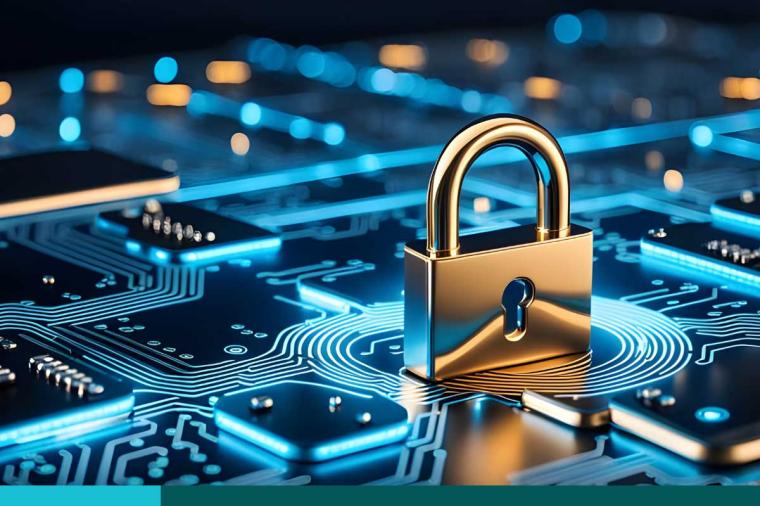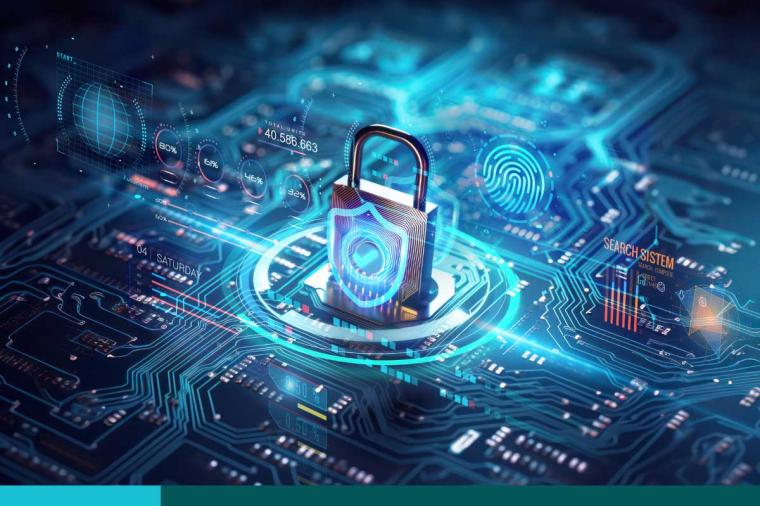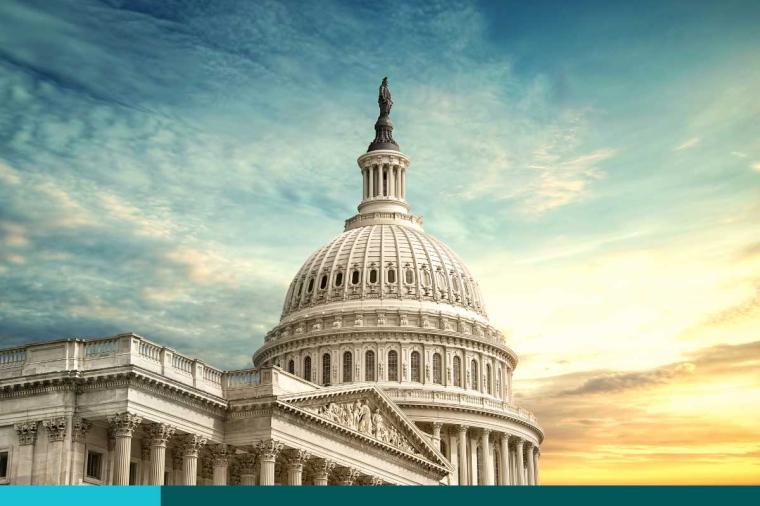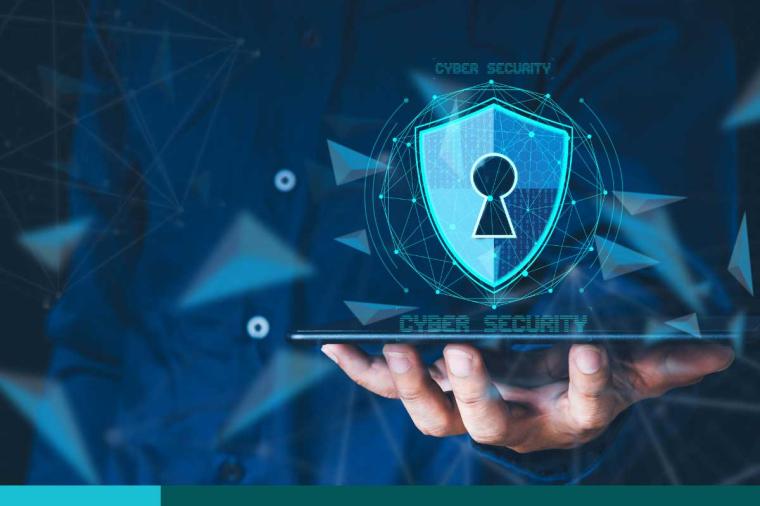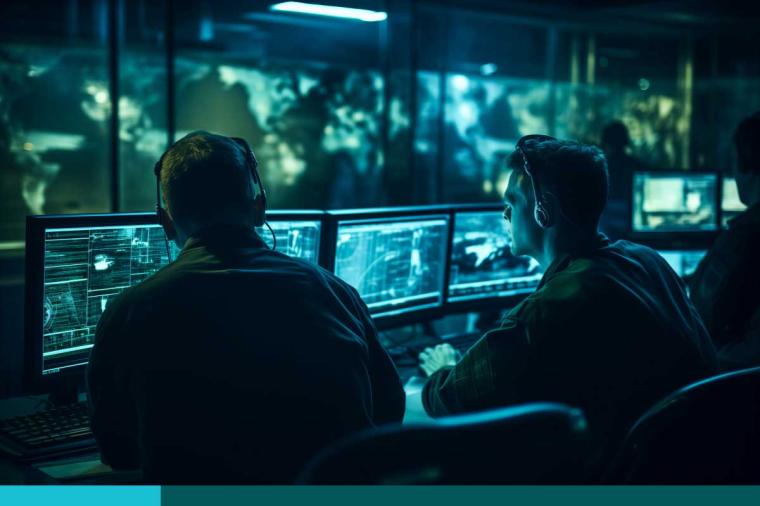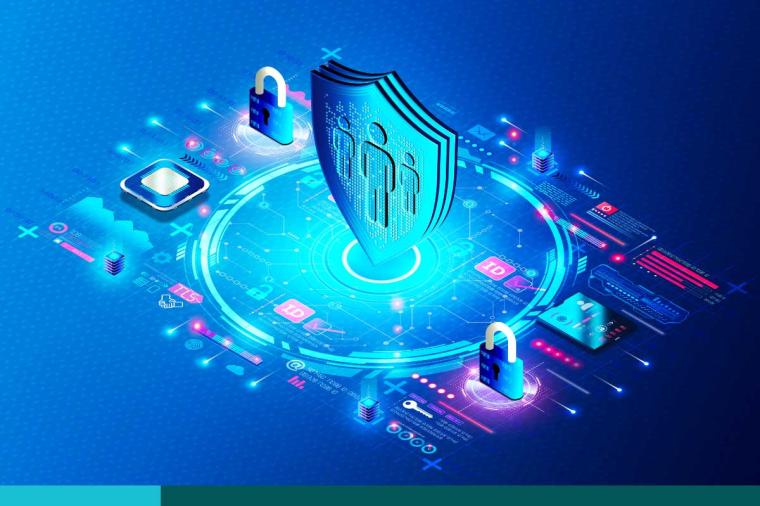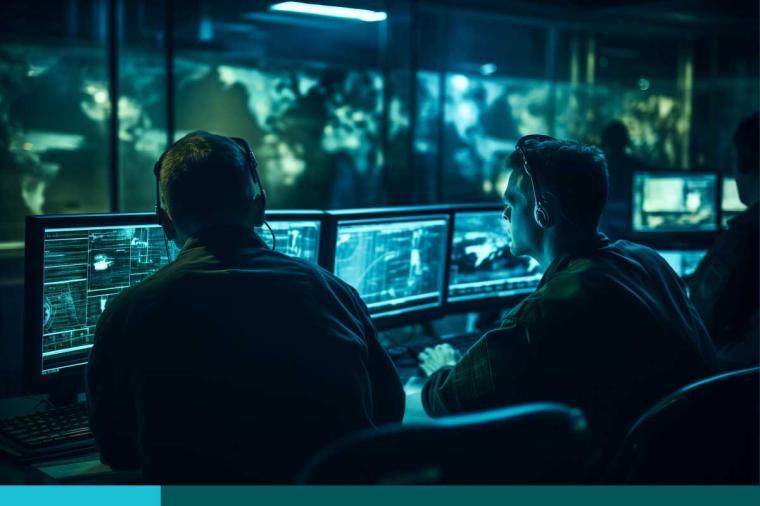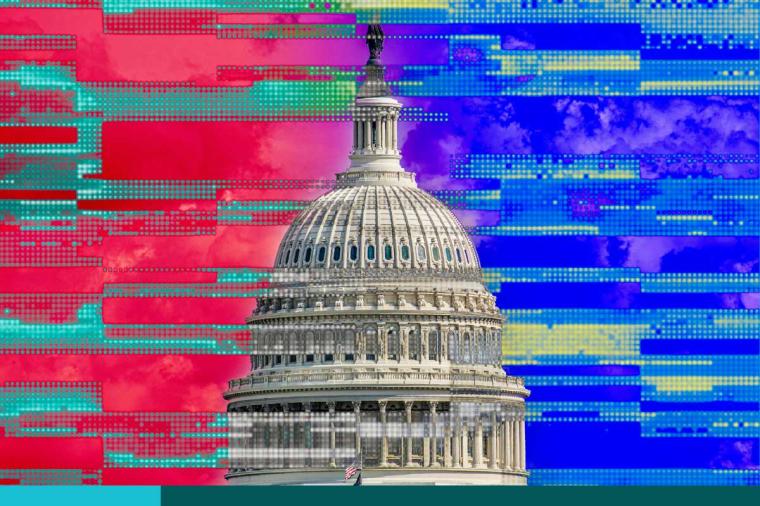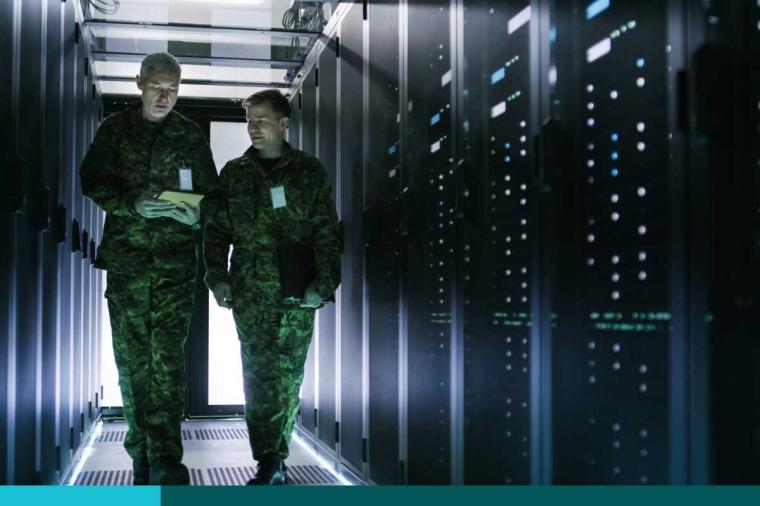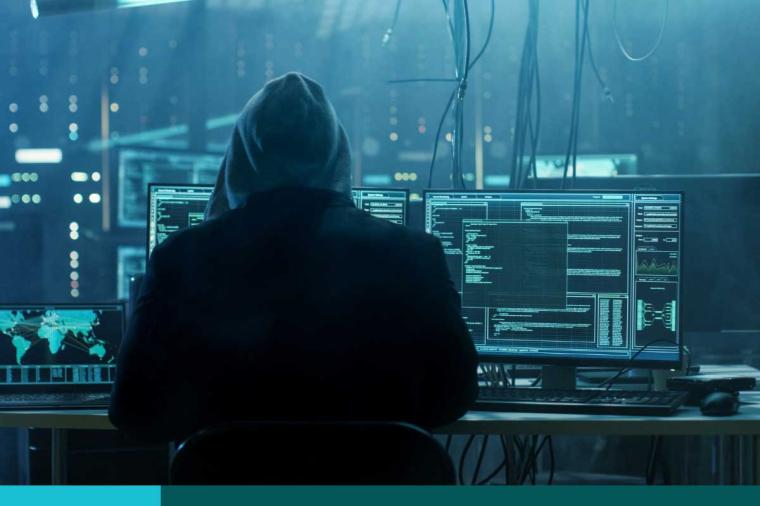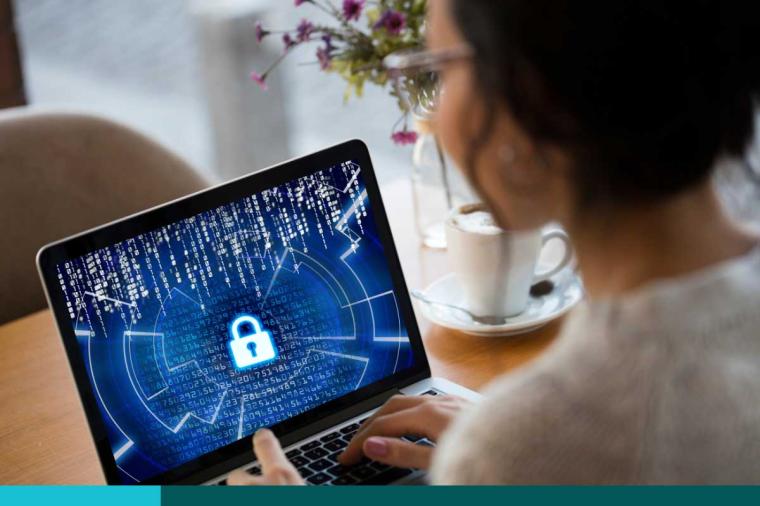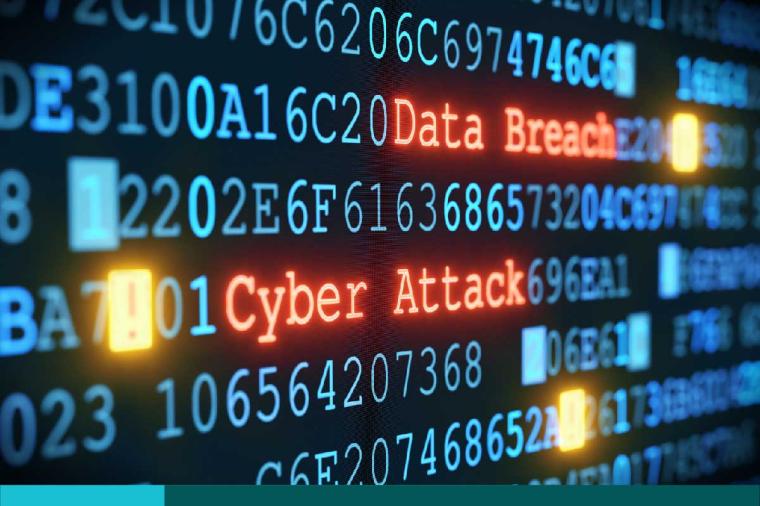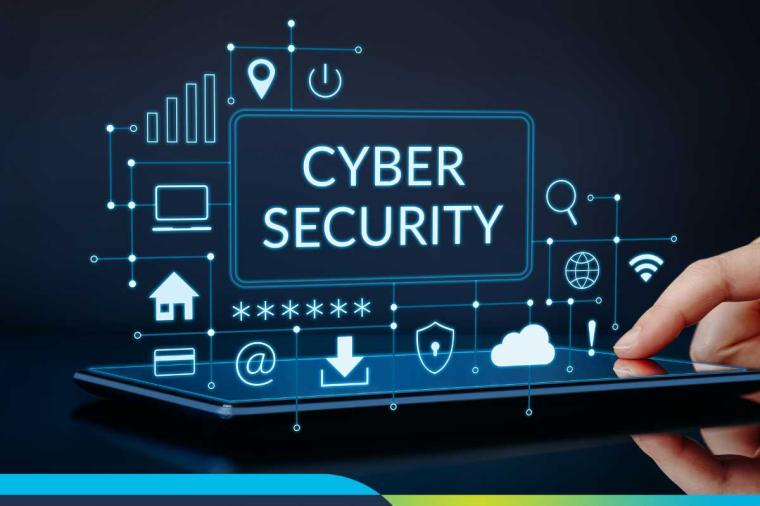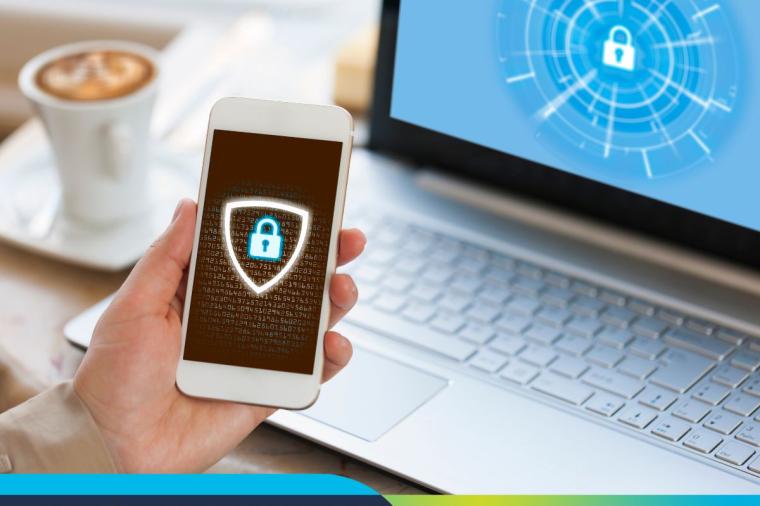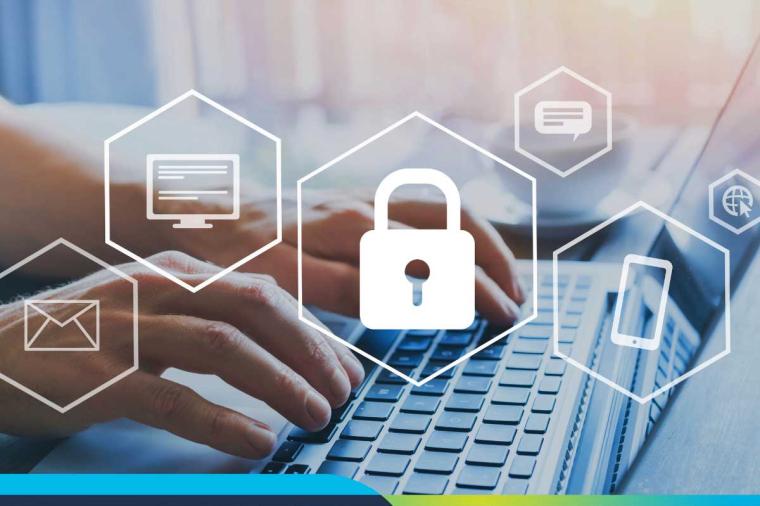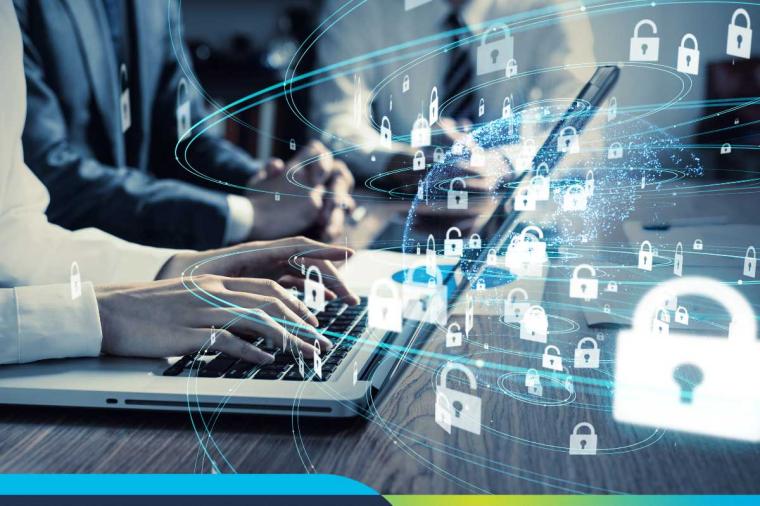Ransomware Attacks: How Election Officials are Re-Evaluating Voting on November 3rd
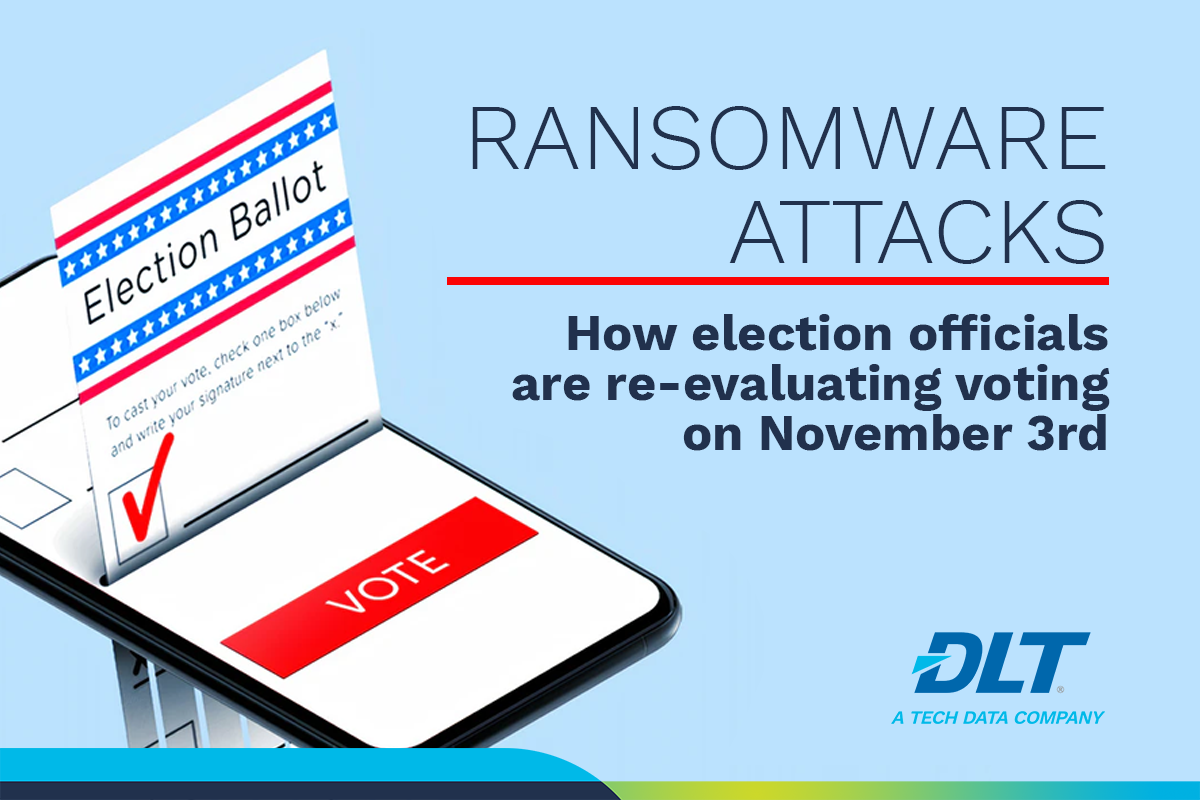
There are 76 days until the 2020 presidential election, and it has already been upended by an unfortunate pandemic that has required states to go back to the drawing board to re-evaluate how voting will take place on November 3rd. However, government officials, particularly at the local level, not only have to contend with a pandemic but also an increase in digital threats such as ransomware attacks. These attacks are being used to create chaos in political campaigns and steal voting data before election day.
Specifically, ransomware attacks can create confusion on election day and cause irreversible damage, such as deleting voter registration databases, voting tabulation, or stealing sensitive records containing personal information. According to a leaked F.B.I. warning on May 1st, which explains that ransomware hackers could seek to lock up registration databases, this move would more than likely disrupt both the in-person voting and the mail-in ballot process. Recently the Biden campaign's twitter was hacked and used to promote a bitcoin scam that earned its creators nearly $120,000. This recent cybersecurity threat has made many lawmakers nervous about the possibility of election inference and the ongoing spread of misinformation, which could affect the election and could be the leading cause of a delay in results … leaving many to wonder on November 4th, who will take the oath of office on January 20th, 2021!
The question that needs to be asked is, how can local and state government authorities combat the threat of these ransomware attacks? Currently, many county and small-town governments are outsourcing their I.T. and cybersecurity operations to help manage and prevent these ransomware attacks. The Coronavirus Aid, Relief, and Economic Security Act (CARES Act), which was signed into law, includes $400 million in new emergency funds for the Help America Vote Act (HAVA). These emergency funds will be used by states to prevent, prepare for, and respond to the attacks in the 2020 federal election cycle. With these fund's state and local governments can continue to fund solutions that range from updating state voter infrastructure to securing voter data in the cloud or having the ability to trace these hackers. It is safe to say having these much needed funds and having the ability to work with I.T. companies can hopefully restore faith in this democratic process that has been around since 1776 when states could vote for their state legislature!
